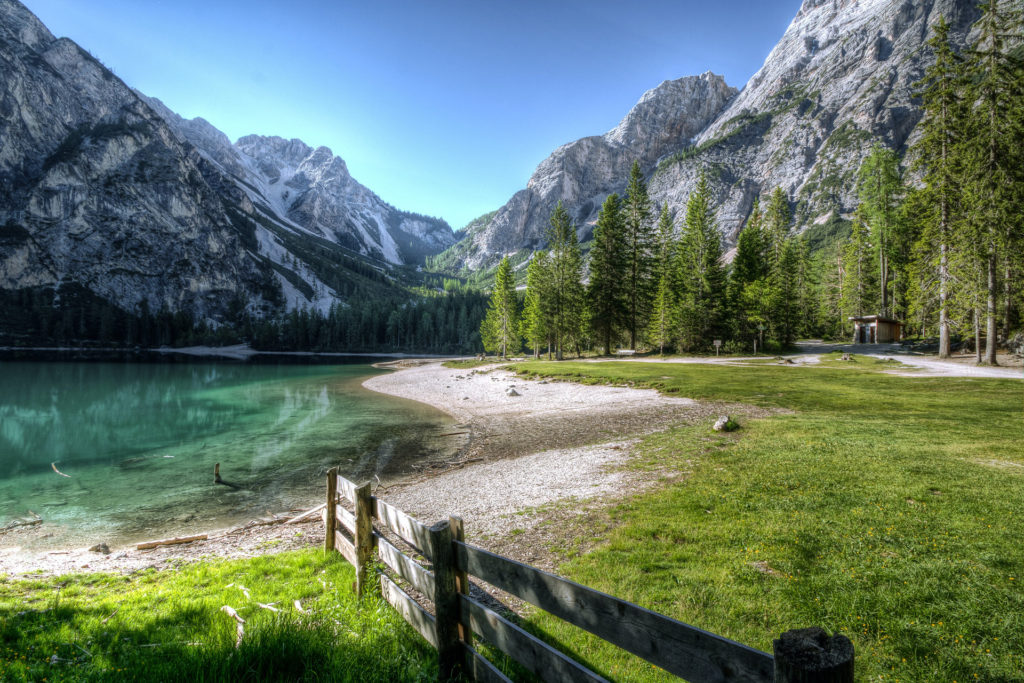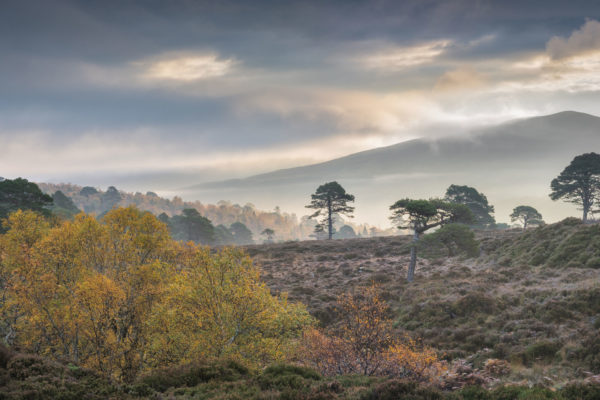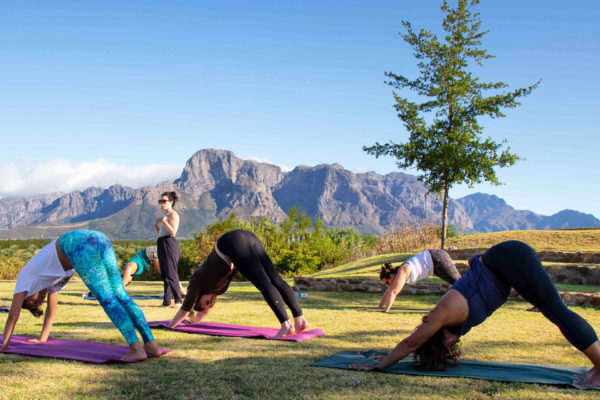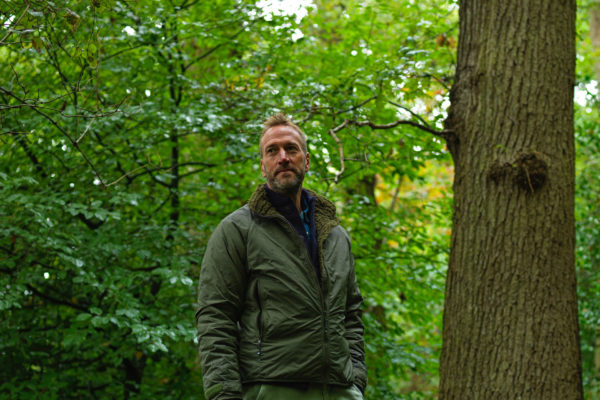Eco-Travel Trends 2024: How To Travel More Sustainably in the New Year
By
5 months ago
The (green) fuel behind the travel industry
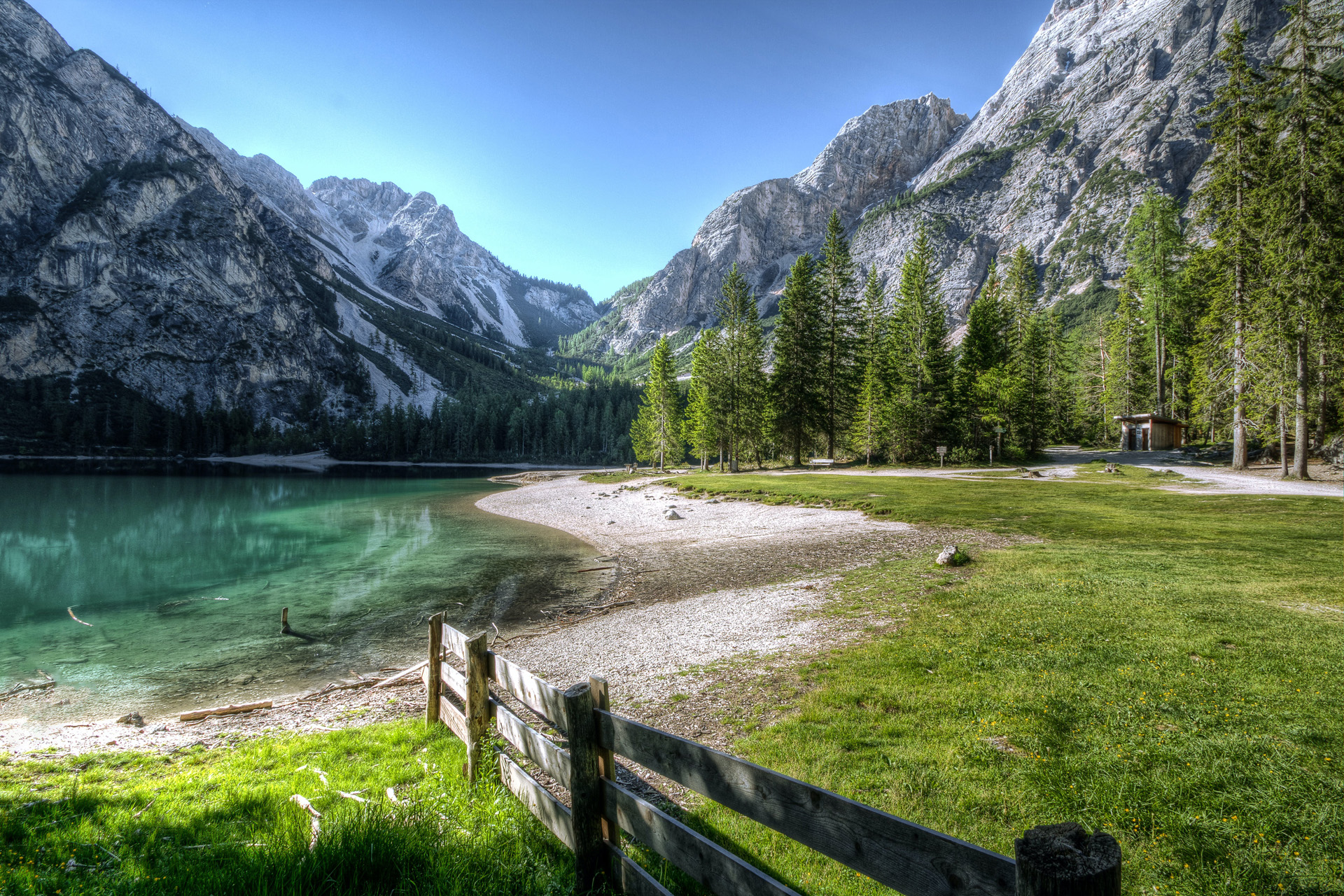
Looking to travel more sustainably in 2024? Luckily for you, ecotourism is booming. As the planet hots up and honeypot cities grapple with the impact of over-tourism alongside the climate crisis, there is a generation of travellers looking for the green alternative. From staycations to far-flung conservation zones, these are the trends fuelling ecotourism in 2024.
Read the C&TH Responsible Tourism Guide
Ecotourism 2024: The Sustainable Travel Trends To Know
- People Positive Travel: Social impact is ingrained in ecotourism
- Weather Patterns: The climate crisis is changing where we can travel
- Culinary Conservation: Immersive foodie experiences paired with ecotourism
- Ephemeral Escapes: The rise of pop-up hotels
- Slow It Down: Slow travel persists
- AI For Eco-Mobility: Will AI make our journeys more eco-friendly?
- Rail Renaissance: We still love trains – but Europe loves them even more
People-Positive Travel
Ecotourism isn’t just about the planet: it’s about the people living atop its surface, too. ‘A successor to sustainable and responsible travel, regenerative travel will focus on travel being social-led instead of product-led,’ says Intrepid Travel, the world’s largest B-Corp certified travel company. ‘People-positive travel considers the environmental and social impact, while forging deeper human connections.
‘Inclusivity will also be key, with travel companies like Intrepid focusing on social change through connection, investing in recruiting more female leaders in locations such as Morocco and India, doubling the number of female leaders in recent years, and introducing 100 new Indigenous-focused trips in 2023,’ Intrepid says. ‘Focusing on local communities will also be key, helping prevent “tourism leakage” – when money flows out of the destinations.’
Weather Patterns
It’s getting hot out there… ‘Extreme weather has shaped a traveller who is hyper-aware of the fragility of the world and eager to honour its majesty,’ says Virtuoso. ‘Virtuoso advisors say their clients are pushing geographical boundaries to witness nature in its pristine form for fear it will diminish or become inaccessible. Greece, Morocco and Hawaii are also top-of-mind for travellers who want to support the economy of destinations recently impacted by disaster while remaining respectful of their recovery.’

Culinary Conservation
Where did the food on your plate come from? Travellers are asking this question more across the board – hence the rise in cute, cottagecore kitchen gardens. Championing local, seasonal ingredients with a low environmental impact, hotels across the globe are hopping aboard this trend, including Conrad Maldives Rangali Island with its new culinary journey for guests called ‘Eco-licious: Fresh & Healthy Eats’, a new garden-to-table dining experience combining sensational gastronomy with environmental and social consciousness.
‘Each dish we present embodies the relationship between the earth’s bounty and our culinary artistry,’ Culinary Director of Conrad Maldives Rangali Island, Dwayne Krisko, explains. ‘Growing up in a family farm, I understand the profound connection between soil and plate. This experience isn’t just about showcasing exquisite flavours; it’s about returning to our roots, honouring local agriculture and traditions, and celebrating the simplicity of ingredients transformed into culinary wonders.’
On the other side of the globe, Calabash in Grenada, which is fondly known as ‘The Island of Spice’, has launched various experiential culinary-focused experiences for its guests this year, such as ‘Eat Like a Grenadian’ (taking guests to a local, family-run agro-tourism company) and the ‘Spice and Cocoa Connoisseur’.
Ephemeral Escapes
Brand new hotels pop-up across the globe every year, but blink and you’ll miss the next generation of sustainable residences: ‘pop-up hotels that combine sustainability and local craftmanship to create Ephemeral Escapes,’ Intrepid Travel forecasts. ‘Transient travel experiences, such as Thierry Teyssier’s 700,000 Heures hotel, already bring this concept to life with a fleeting project that also benefits the local community. Intrepid recently invested in this no-trace philosophy with CABN, off-grid minimalist escapes in Australia, where each cabin features locally sourced materials and has a minimal footprint.’ Sounds like a trip like no other.
‘A new era is dawning for the travel and tourism industry,’ says The Future Laboratory’s Martin Raymond, who worked with Intrepid Travel on its trend report. ‘Transient and transformative travel experiences will revolutionise the notion of leaving no trace. We will see hotels will be at the forefront of this extraordinary change. In the next decade we will see more now-you-see-it-now-you-don’t travel experiences popping-up across the world.’
Slow It Down
Slow travel is at the heart of ecotourism, and this trend is still on the rise, with a 68 percent increase in Google searches from 2018 to 2023. ‘Clients have told us that the deciding factor when booking a slow adventure is the impact levy that we donate to a highly localised environmental programme running in the area of the adventure and the direct and meaningful connection with our small scale suppliers,’ says Jane Stuart-Smith, Director of Scotland based tour operator Slow Adventure, which launched last year. ‘The fact that approximately 70 percent of revenue generated on a trip stays in the locality is also highly appealing. Ours is a very different business model built to deliver real and enduring relationships with our suppliers and our clients and there is a huge demand for this.’
‘There needs to be a shift,’ adds Franco Negri, CEO of Peru-based community tour operator La Base Lamay. ‘Tourism should satisfy not only the needs of travellers, but should first and foremost benefit the destination and the people living in it. Community tourism offers a chance to genuinely connect. It should be spontaneous and local communities should not be forced to put on a “show”. Meaningful community tourism here in the Sacred Valley allows indigenous people to stay on their land rather than leave for the city. It allows them to take care of the environment and to continue practising their customs and traditions.
‘We need to rethink what community tourism means and be open to developing new community tourism models,’ Negri adds. ‘Real community tourism ensures the communities are part of the business. No paternalism, no donations, but a genuine partnership where the community co-creates and co-owns.’
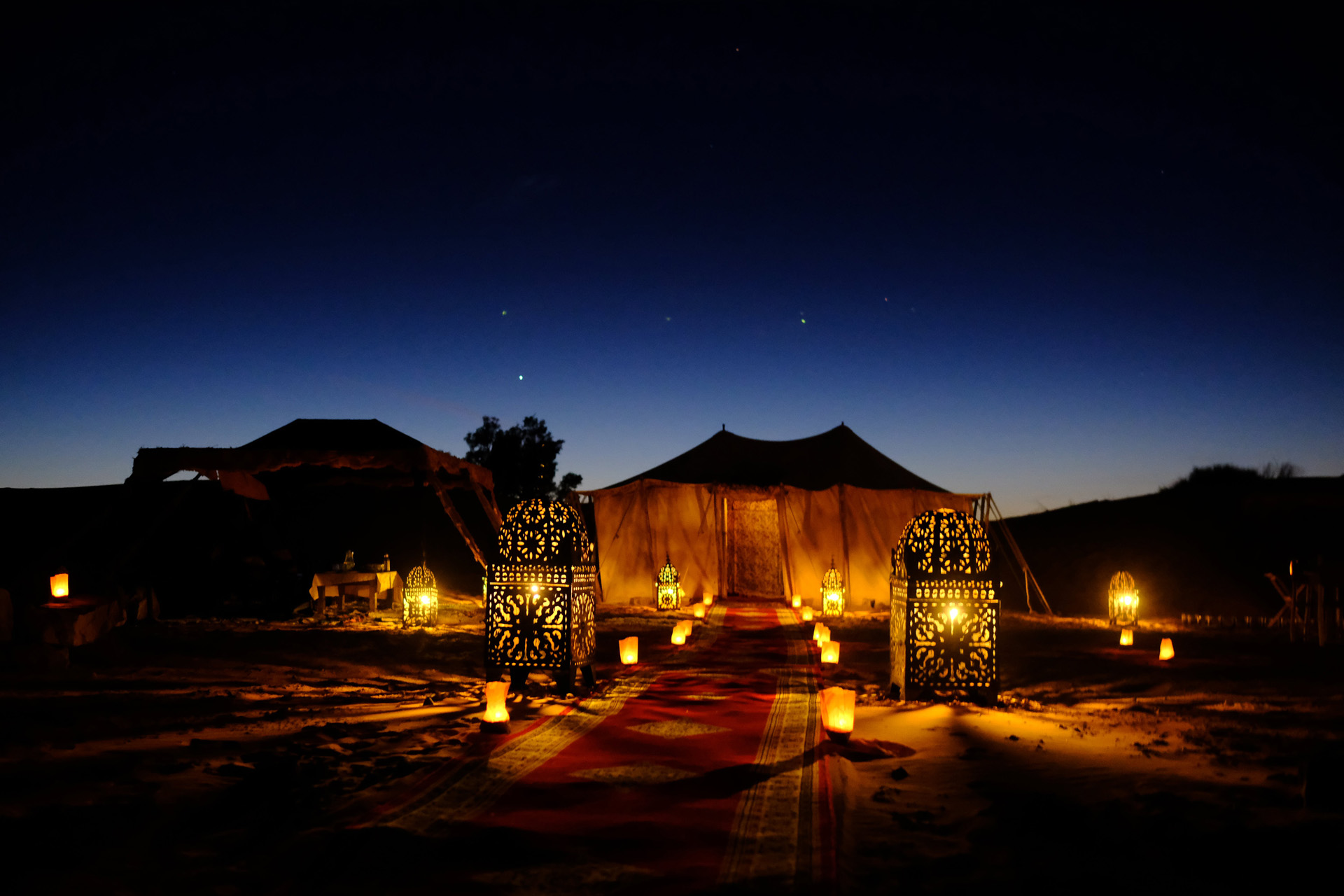
AI For Eco-Mobility
We’re all seeking beneficial, non-terrifying implementations of AI, and Intrepid Travel are forecasting one we can get on board with. ‘AI will drive the future of transportation, with planning tools suggesting the most sustainable options and a focusing on reshaping travel hubs to make them more environmentally friendly,’ it says. ‘Sustainable Aviation Fuel (SAF) is already being trialled and companies like Intrepid are working to eliminate unnecessary flights from itineraries.
‘Train travel will be integral to this regenerative approach with spaceship-style sleeper pods providing comfort on hyper fast train journeys that also help negate the need for air travel,’ Intrepid adds. Sadly, we will have to wait much longer than a year for hyper-fast train travel in the UK.
Rail Renaissance
Train travel may be in turmoil on British shores, but it’s all the rage in Europe thanks to new routes – including nighttime routes connecting Prague to Basel, Stuttgart to Venice and Rijeka, and a weekly train connecting the Black Forest city of Freiburg to Bordeaux – and shiny luxurious options like the Orient Express La Dolce Vita. And new routes are in the works for 2024 and 2025: Paris to Madrid, Paris to Berlin, and Amsterdam to Barcelona.
In a radical collaboration, Byway Travel has partnered with First Choice to offer its clients more environmentally-friendly holiday options, signalling that ecotourism is going even more mainstream. Cat Jones, founder of Byway Travel, says: ‘Since we founded Byway in 2020, we’ve booked flight-free holidays for more than 5,000 customers, and sales have been growing three times year on year. Our recent survey with OnePoll showed that 43 percent of UK holidaymakers would rather take the train, ferry or coach than fly. Many first-time Byway customers usually fly for holidays, but once they’ve had a taste of flight-free journeys, they want more: 94 percent of our customers say they’d book another Byway trip or refer a friend on homecoming. Basically, there’s a snowball effect, with train-based options gathering momentum as more people try holidaying overland for the first time.’
‘Hybrid travel itineraries and slow trips are making the journey part of the adventure,’ Marriott-Bonvoy adds in its 2024 travel trends report. ‘Eco-minded “flexi-air-ians” are looking to intersperse air travel with carbon-lighter train journeys, presenting key opportunities for change in where travellers are going, and how they arrive. Across territories, slow travel – defined as not taking the fastest route to one’s destination – is on the rise. Research from Marriott Bonvoy reveals that almost half (45 percent) of respondents across the UK, Italy, France, Spain and Germany have been on a slow holiday previously, with the number rising to over three quarters for travellers in Saudi Arabia (77 percent) and the UAE (82 percent). In the UK, nearly half (49 percent) of respondents have chosen not to drive or fly to a destination and use alternative transport to reduce their carbon emissions. This figure rises to 64 percent for those aged 18–24 in the UK, and to a markedly higher proportion for adult travellers in Saudi Arabia (71 percent), Spain (72 percent) and the UAE (78 percent).’
Sustainable Destination Swaps
As overtourism pummels the world’s favourite holiday destinations, beat the crowds and tread the road less travelled, says luxury tailor-made travel company, cazenove+loyd.

